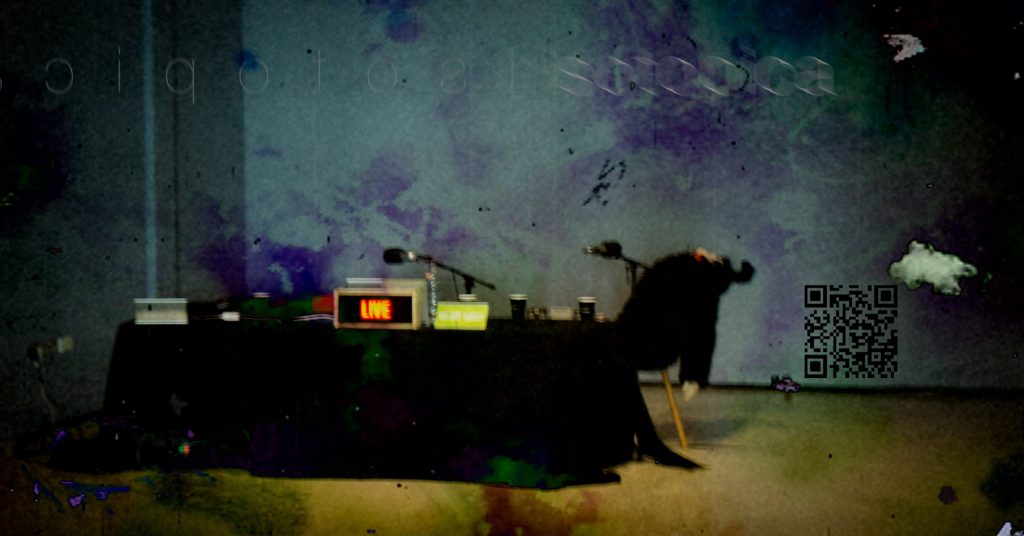The Train Rolls On. Chris Marker’s Le Train En Marche (1971)
First the eye, then the cinema, which prints the look….
A stunned episode
post tory election landslide,
in which we listen simultaneously,
to both the French and English soundtracks,
of Chris Marker's
Le Train En Marche,
in an attempt
perhaps,
to revisit,
and even
find a route back to,
the utopian
dreams
and projects
of both early and late
twentieth century cultural marxism.
The train of revolution.
The train of history has not lacked reverse signals and switched points but the biggest mistake one could make was to believe that it had come to a halt.


“If Chris asked you to do something you did it: There was no question”, recalls Marc Karlin in one of his last interviews before his death in 1999.
‘Chris’, needless to say, was Chris Marker, Karlin’s friend who he called ‘le maitre’. The task was to provide an English version of Marker’s recent film Le train en marche (1971) – a celebration of the Soviet era filmmaker Alexander Medvedkin and his mythical ‘kino-poezd’ – a ‘cine train’ re-fitted with cameras, editing tables and processing labs, that travelled the breadth of Russia to make films for and with the workers. Films made on the spot, in collaboration with the local people, (workers in factories, peasants in kolhozs), shot in one, day, processed during the night, edited the following day and screened in front of the very people who had participated to its making… Contrarily to the agit-prop trains which carried official propaganda from the studios to the people, here the people was his own studio. And at the very moment bureaucracy was spreading all over, a film unit could go and produce uncensored material around the country. And it lasted one year (1932)!
Medvedkin saw his kino-poezd (294 days on the rails, 24,565m of film projected, 1000km covered) as a means of revolutionising the consciousness of the Soviet Union’s rural dwellers. Marker hoped his recent unearthing would incite similar democratic film-making. In tribute, Karlin and other kindred spirits in London joined Cinema Action.” There was a relationship to the Russians. Vertoz, the man and the movie camera, Medvedkin, and his agitprop Russian train; the idea of celebrating life and revolution on film, and communicating that. Medvedkin had done that by train. SLON and Cinema Action both did it by car. Getting a projector, putting films in the boot, and off you went and showed films – which we did”.
The people were brought the filmmaker’s cinema, in the same way they were brought the artist’s art and the expert’s science. But in the case of this train the cinema was to become something created with contact through the people and was to stimulate them to make their own intervention.










